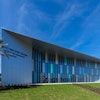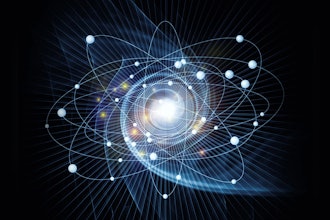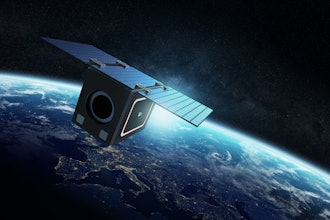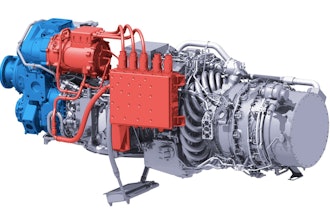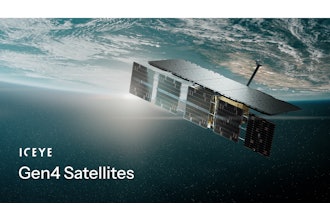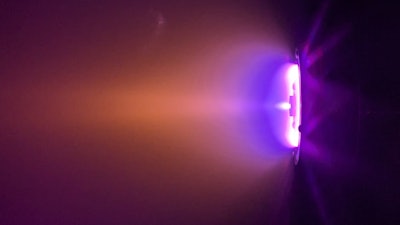
MOUNTAIN VIEW, CA - Muon Space, an end-to-end space systems company, has announced the close of its oversubscribed $89.5 million Series B1 round, bringing total Series B funding to $146 million. The new capital includes $44.5 million in equity and $45 million in credit facilities, and follows the company's initial Series B close in August 2024.
The new capital is fueling a major scale-up of Muon's operations – including expanded satellite production; vertical integration of key components such as propulsion and IR & RF instruments. Expansive action will include the deployment of Muon's full-stack automated constellation operations platform and the expansion of our global ground station network. The company has grown its team by 50% since December and surpassed $100 million in new contracts signed in 2024, including a landmark agreement with SNC to develop next-generation satellites supporting its Vindlér commercial RF sensing constellation.
Jonny Dyer, CEO of Muon Space, said, "We're focused on delivering mission-optimized satellite constellation systems to customers at unprecedented speed. High-performance constellations require the speed, cost, consistency, and performance of volume production – they can't be built one satellite at a time. We are building the world's first automated, high-mix, high-volume constellation manufacturing system. It's always been about the mission – now we're delivering it at scale."
Starlight Acquisition Brings Breakthrough Zinc-Based Electric Propulsion In-House
Muon has acquired Starlight Engines, a propulsion startup pioneering the first commercially available solid propellant Hall-effect thruster systems – a scalable alternative to traditional propulsion systems. The acquisition further extends Muon's vertically integrated Halo platform by bringing in-house propulsion capabilities into its end-to-end satellite technology stack.
Starlight developed a novel zinc-fueled thruster system that eliminates vulnerabilities of xenon and krypton-based systems. By eliminating high pressure fluids management, Starlight's technology enables an improved supply chain with more compact thruster and tank designs. The thruster system scales modularly supporting spacecraft ranging from 100kg to 500kg+.
New Manufacturing Facility Powers Production Scale-Up
Muon has opened a 130,000-square-foot facility in San Jose, California that will serve as its production center, housing manufacturing and test operations from raw material through finished spacecraft. Purpose-built for full vertical integration and high-throughput satellite production, the facility can support up to 500 satellites annually in the 100kg to 500kg+ class.
The site features 70,000 square feet of manufacturing facilities including 30,000 square feet of cleanroom space across Class 10, 1,000, 10,000, and 100,000 environments – a 10x expansion from Muon's first facility. The flexible layout accommodates production, assembly, and lab operations, with dedicated areas for secure integration, spacecraft assembly, optical instrument integration, propulsion integration, and a mission operations center. A 300 kW solar array powers the majority of operations, while the facility meets UL 2050 security standards for defense programs.
Comprehensive environmental testing capabilities include thermal vacuum chambers, vibration tables, and thermal chambers for both unit- and system-level qualification.

